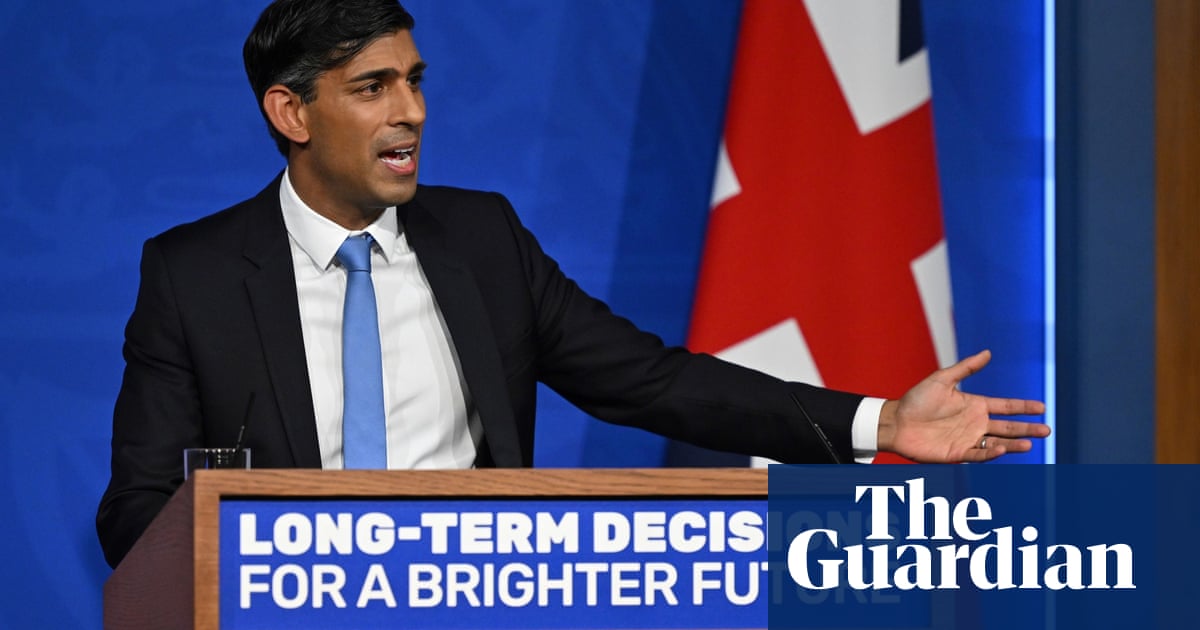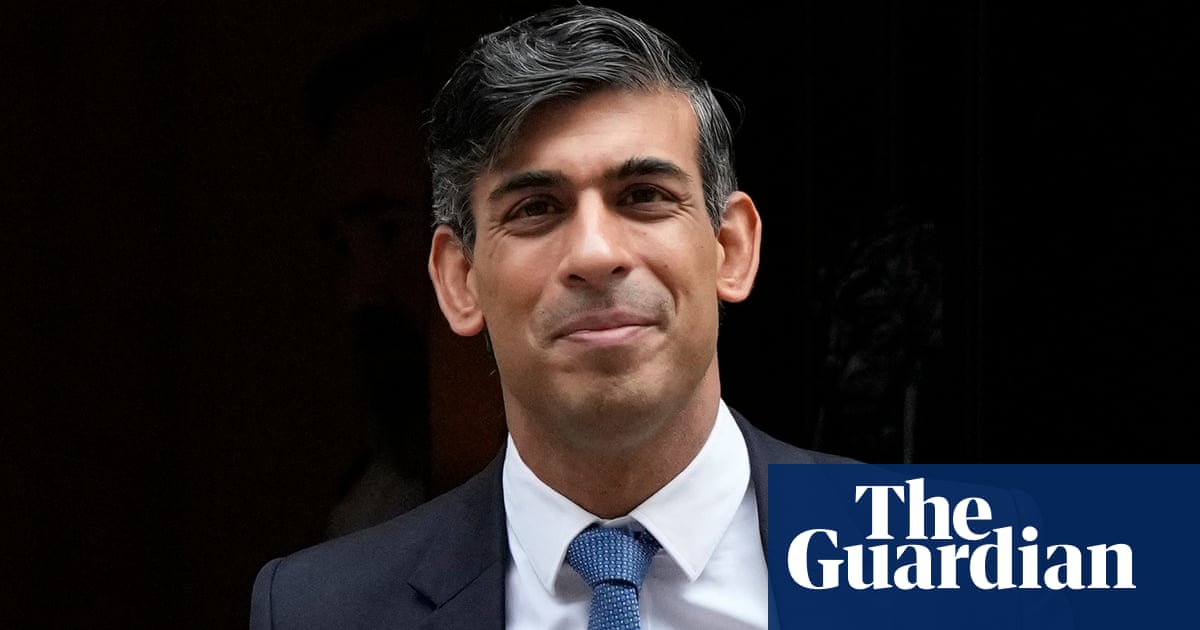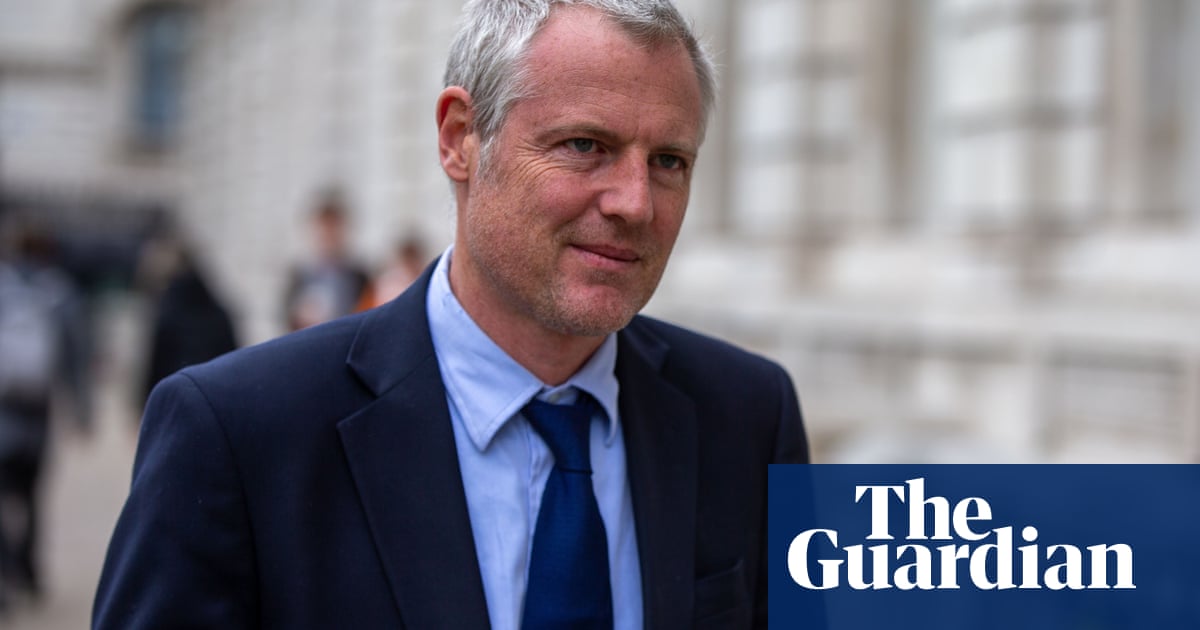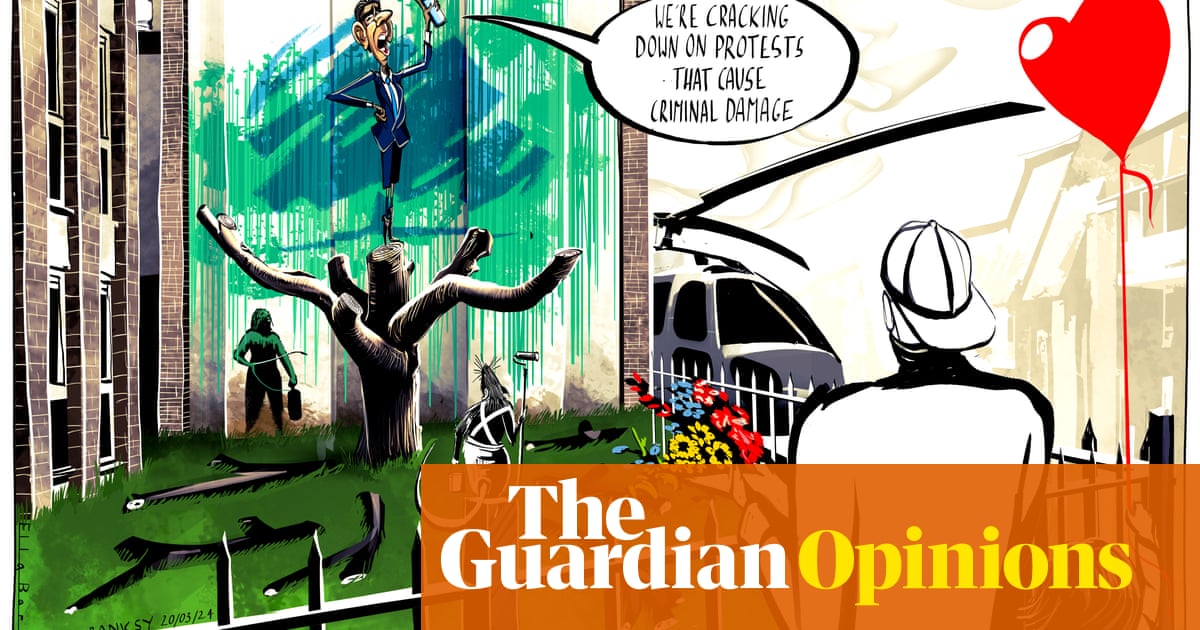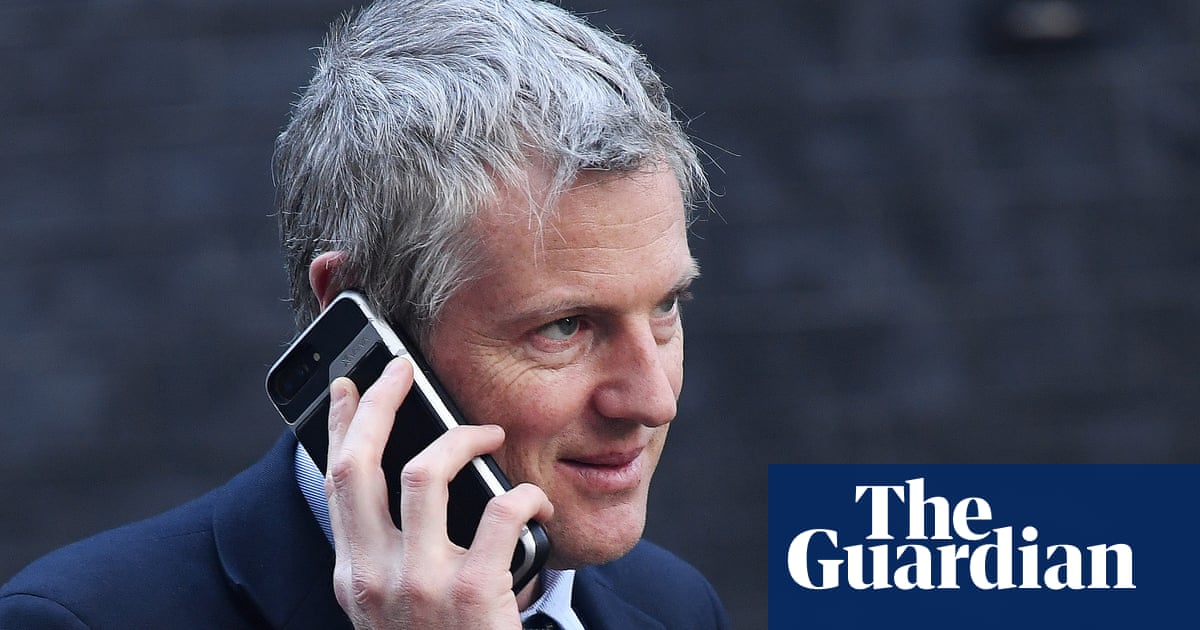
Rishi Sunak is embroiled in an extraordinary standoff with Zac Goldsmith after the Tory peer quit the government, accusing Sunak of being “simply uninterested” in the environment and the climate emergency.
Lord Goldsmith resigned as a Foreign Office minister with a highly personal attack, warning that voters would punish the prime minister at the polls for his “apathy in the face of the greatest challenge we have faced”.
Goldsmith, a close ally of Boris Johnson, said his position had become untenable after Sunak dropped a key animal welfare bill, broke a promise on environmental aid spending and went to a party hosted by Rupert Murdoch rather than to a climate summit.
Sunak hit back shortly afterwards in a letter suggesting Goldsmith’s departure was linked to No 10 asking him to apologise for having undermined the privileges committee’s inquiry into Johnson.
“You were asked to apologise for your comments about the privileges committee as we felt they were incompatible with your position as a minister of the crown. You have decided to take a different course,” the prime minister wrote in an unusually blunt response.
Goldsmith said No 10 had subjected him to “misleading briefing” as he had been willing to acknowledge his error. He insisted that his resignation had been a long time coming because of Sunak’s “lethargic” approach to the environment in contrast to Johnson’s.
Environmental groups and leading opposition MPs said Sunak should listen to Goldsmith’s criticisms of the government’s record on the environment regardless of the controversy over the privileges committee.
Ed Miliband, the shadow energy secretary, said Goldsmith had “blown open the truth about the utter failure and negligence of Rishi Sunak’s government on the climate and nature crisis”. “It’s no wonder ministers are resigning from the government because they are so horrified by the government’s approach,” he said.
Sunak has long been accused of falling short on the environment and climate, failing to include it in his five priorities as well as repeatedly taking short-haul private jet and helicopter flights.
Goldsmith’s analysis that environmental policy in Whitehall was in “paralysis” under Sunak was backed by a string of charities and environmental groups.
Craig Bennett, the chief executive of the Wildlife Trusts, said he agreed with the thrust of Goldsmith’s critique. “At the Wildlife Trusts, we recognise the ‘paralysis’ on environmental action that has befallen Whitehall in recent months. There is now a very long list of environmental commitments made by the Conservatives over the last 13 years that have not yet been delivered. And, at the same time, no obvious sense of urgency around getting them delivered any time soon.”
Shaun Spiers, the executive director of Green Alliance, said: “Rishi Sunak, please take note of this devastating critique of government and your own apathy and inaction. It is a tragedy that ‘the UK has visibly stepped off the world stage and withdrawn our leadership on climate and nature’.”
Stephanie Draper, the chief executive of Bond, the UK network for non-governmental organisations, also highlighted Goldsmith’s criticisms of Sunak for failing to appear at a Paris summit on the climate, debt and poverty last week hosted by the French president, Emmanuel Macron. “The UK is stepping back as a global partner and is no longer playing a leadership role,” she said.
Sunak partially addressed Goldsmith’s criticisms of his record on the environment in his letter acknowledging the resignation. “We can be proud of the UK’s record as a world leader on net zero,” he said. “We are going far beyond other countries and delivering tangible progress whilst bringing down energy bills. This government is also committed to leaving the environment in a better state than we found it, as set out in our environmental improvement plan.”
The spat between Sunak and Goldsmith further exposes fissures within the Conservative party that threaten its messaging before the next general election.
Andrea Leadsom, a senior Conservative MP, said Goldsmith’s resignation was “inexplicable” and his claim Sunak did not care about the environment was “flat wrong”. She told Times Radio: “It’s much easier to throw your toys out the pram and become a protester than it is to actually be inside the tent finding solutions.”
However, others such as David Frost, another Conservative peer, said they hoped Goldsmith was right that Sunak was toning down his ambitions on “global preaching on fashionable environmental and climate causes, paid for by UK taxpayers”.
In contrast, some Conservative MPs fear that Sunak’s lack of interest in the environment will cost them votes, with many among the public exercised about the climate emergency and sewage discharges, as well a dropped pledge to ban puppy farming.
In his various government jobs since 2020, Goldsmith has helped negotiate a global deal to halt deforestation announced at Cop26 and pushed for a target to protect 30% of the planet for nature, the headline target agreed at last December’s biodiversity Cop15 summit in Montreal.
“He was instrumental in raising the profile of biodiversity in the climate agenda at Cop26 and made valuable contributions to Cop15,” said the interim UN biodiversity chief, David Cooper.
A UK government source said: “It’s a huge loss for the nature agenda. His visionary leadership was ahead of many others internationally. But he’s done a huge amount to create the long-term conditions for success. I hope that this serves as a serious message to every party ahead of the election that nature and climate matters – to voters at home and to countries around the world.”
Alastair Driver, the director of Rewilding Britain, said: “Irrespective of your political views (and I for one am a typical floating voter), Zac Goldsmith has been a rare species in parliamentary circles who truly understood the magnitude of what’s needed to reverse biodiversity decline and tackle climate change. The task just got harder.”




